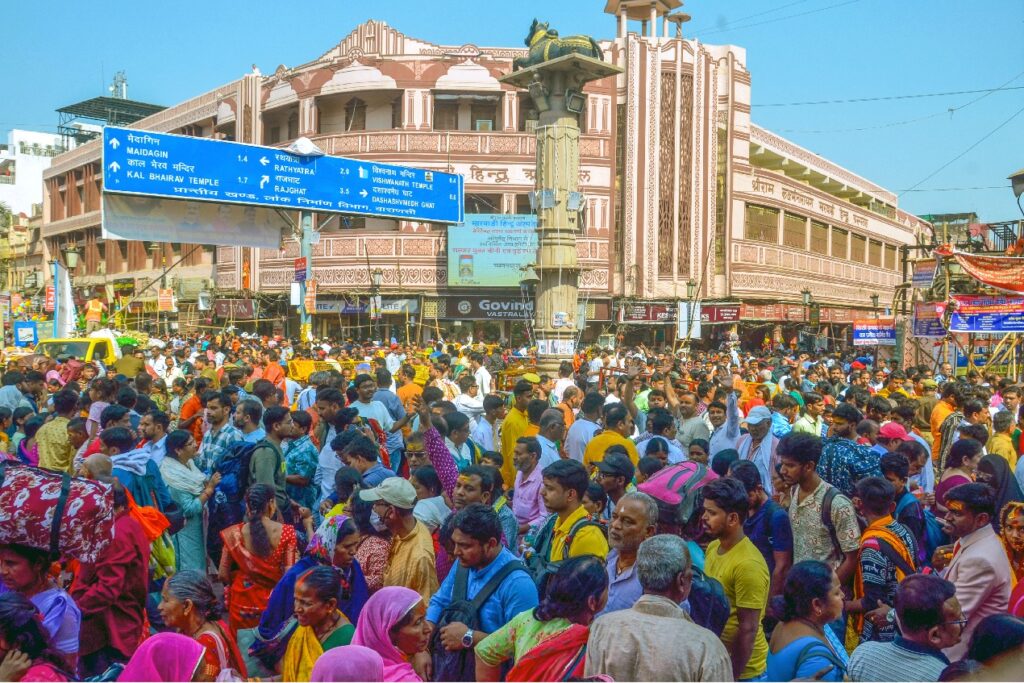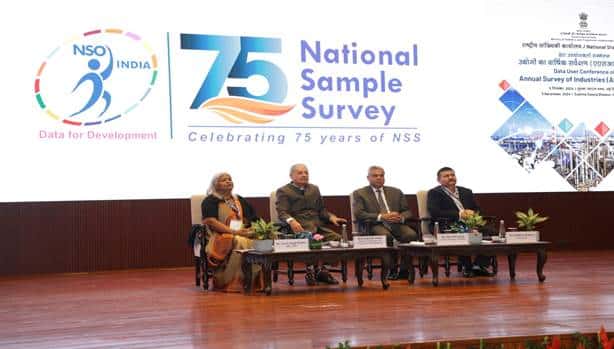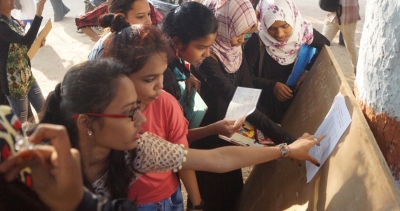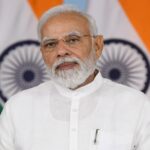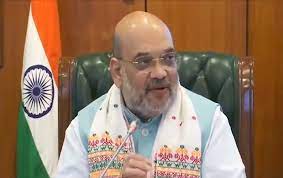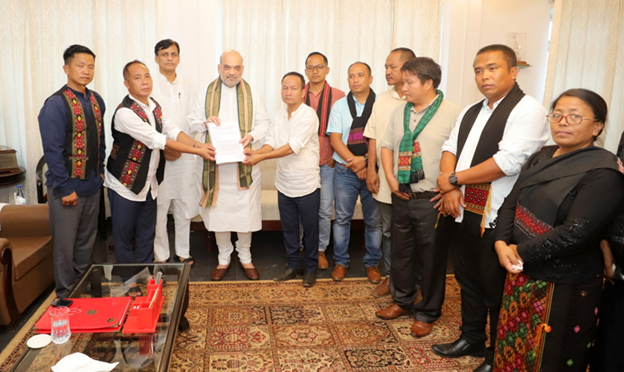World Day Against Child Labour observed on June 12 to empower children to reshape their future
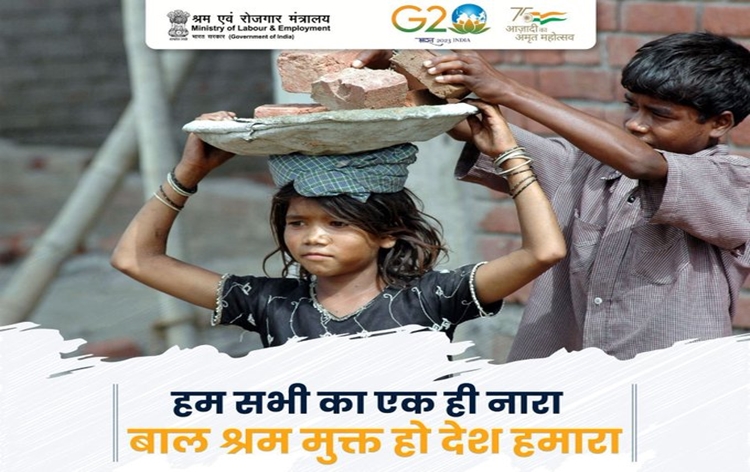
There has been steady progress on the front of eliminating child labour in India and elsewhere, however, persistent conflicts, crises and Covid pandemic have slowed the pace.
June 12 is observed as the World Day Against Child Labour every year across the globe. On this occasion, numerous events are organized at different levels to raise awareness against this menace, as lakhs of children become victims of this malafide practice internationally. In India, the Centre has been working on the eradication of child labour through various measures. The National Child Labour Project has been in practice in India to annul this evil practice which is robbing children of their childhood and educational rights among others.
This year, the 17th National Webinar on Child Labour is being organized in India by the Department of Justice, Ministry of Law and Justice as part of observing World Day Against Child Labour. The focus is to empower children to reshape their future by liberating them from the shackles of child labour. This day is intended to serve as a catalyst for the growing worldwide movement against child labour.
It is worth-noting here that it was International Labour Organization (ILO), which launched the first World Day Against Child Labour in 2002 to highlight the plight of the children engaged in child labour. On this occasion, a high-level side event is organized by the ILO during the International Labour Conference.
The discussion during the conference is focussed on the link between social justice and the elimination of child labour. The abolition of child labour has been a cornerstone of the social justice.
It is encouraging that for over two decades, there has been steady progress on the front of eliminating child labour in India and elsewhere. However, persistent wars, conflicts, crises and Covid pandemic have slowed the pace, as a large number of families are thrown into poverty when a crisis of this magnitude happens, which invariably result in lakhs of children being forced into child labor in search of a livelihood.
In the meantime, ILO and other multilateral organisations are of the view that the economic growth has not been sufficient and inclusive enough in several parts of the globe to relieve the economic pressure of thousands of families, that makes them resort to child labour.
According to the ILO, around 160 million children are still engaged in child labour, which means almost one in ten children worldwide is forced to be a child labour. The sad part of the Child labour phenomenon is that it doen’t only robs one’s childhood, but also perpetuates his poverty and social exclusion. This sinister practice deprives children of education and opportunity and stacks the odds against their securing a decent income and stable employment as adults.
Hence, on this occasion, the world is called for a reinvigorated international action to achieve social justice by eliminating child labour. Now laws are there which provide all children with legal protection against all forms of child labour in India and in several other countries.
In India, National Commission for Protection of Child Rights (NCPCR) is making all out efforts to eliminate Child Labour. The government agencies make rescue operations in the scrap and automobile markets and other such destinations where the probabilities of children being involved in works are significant with the help of authorities like State Commission (SCPCR), District authorities, Child Welfare Committee, DLSA, Child Line, Police/SJPU,Labour Department and other stakeholders.
The NCPCR has also developed a draft SOP on the rescue and post-rescue of child labour incorporating all provisions of various children related Acts which are applicable in these cases. Endeavour has been made to simplify the understanding of the process laid down for inquiry and rehabilitation of children who are victim of child labour cases.
NCPCR has been constituted by the Government of India, as a statutory body under section 3 of the Commissions for Protection of Child Rights (CPCR) Act, 2005 for dealing with the protection of child rights and related matters. Under section 13(1) of the Commissions for Protection of Child Rights (CPCR) Act, 2005, has provided certain functions to ensure that the rights of children are protected, especially the most vulnerable and marginalized.
In addition, the Commission has also been mandated to monitor the implementation of the Juvenile Justice (Care & Protection of Children) Act, 2015, Right of Children to Free & Compulsory Education (RTE) Act, 2009 and Prevention of Children from Sexual Offences Act, 2012.



